After touring Bacarra Church, Melissa, Almira, Albert, Jandy and I again boarded our bus or the 33-km./40 min. drive to the century-old (first lit on March 30, 1892) Cape Bojeador Lighthouse, the most accessible of all the lighthouses in the island of Luzon and the highest elevated (the tower of the Cape Melville Lighthouse is the tallest at 90 ft/27 m.), still original and active Spanish era lighthouse in the country.
Last April 6, 2004, on our way to Bauang (La Union) from Pagudpud, my family and I dropped by to visit the lighthouse but wasn’t able to go in as it was then being rehabilitated. A few months after our visit, on August 13, 2004, Cape Bojeador Lighthouse was declared a National Historical Landmark and, on June 20, 2005, was also declared by the National Museum as a National Cultural Treasure. Recently, the lighthouse was used as the backdrop for the romantic scenes of Coco Martin and Julia Montes in ABS CBN’s 2012 teleserye “Walang Hanggan.”
In Brgy. Paayas in Burgos, a sign on the right side of the Maharlika Highway indicates the winding and narrow, two-lane concrete road that leads to the base of the lighthouse. From the base, we boarded two tricycles (PhP50/each way) that took us to the small parking lot where there are stalls selling ice candy, canned soda, some finger foods and souvenirs (including a wooden craft replica of the lighthouse with a pen stand).
Upon arrival, we climbed a flight of concrete stairs to the perimeter wall. Here, we had a good view of the rough and rocky Cape Bojeador coastline and the whitecaps of the West Philippine Sea. We then proceeded to the courtyard where the service buildings and the cistern are located.
An elegant T-shaped stairway then lead us up the verandah of the main pavilion, with its 3 apartments, 2 offices, capiz and louvered window panes and decorative iron grilles, where a hallway took us to the foot of the covered stairs that that lead to the entrance of the 20 m. (66-ft.) high octagonal stone tower.
This was as far as we could go as no visitors were allowed to go up, via a steep spiral metal staircase (not recommended or senior citizens), to the lantern room (now a modern electric lamp powered by solar panels) on top. Only a certain number of people are allowed in the tower at a time and access to the viewing gallery (surrounded with decorative iron grille work) depends on the outside wind condition. As it was Holy Week, it was closed to visitors.
One place we had access to was the small, newly restored Cape Bojeador Lighthouse Museum. Housed in the pavilion at the foot of the Cape Bojeador Lighthouse, the rooms lining the hallway used to be shut but, since its inauguration last November 21, 2015, it is now open to the public. At the time of our visit, the rooms were sparsely decorated with low wooden furniture, including four-poster beds by the windows.
One room was filled with items that were once used to run the lighthouse (the original kerosene lamp, batteries, a part of the original first order Fresnel lens, etc.), perhaps the most striking in the area, plus samples of original brick work and old photos.
We also dropped by the Paru de Kabo Bojeador, the new tourist center which has stalls selling souvenirs and a safe resting area on what had previously been a construction road. The pavilion has also been transformed into lodging for people seeking basic accommodation (except for shared cooking facilities and water from the cistern, no other amenities are provided).
Cape Bojeador Lighthouse: Vigia de Nagpartian Hill, Burgos, Ilocos Norte. Admission: PhP40 for adults and PhP30 for children aged 7-12 years old.

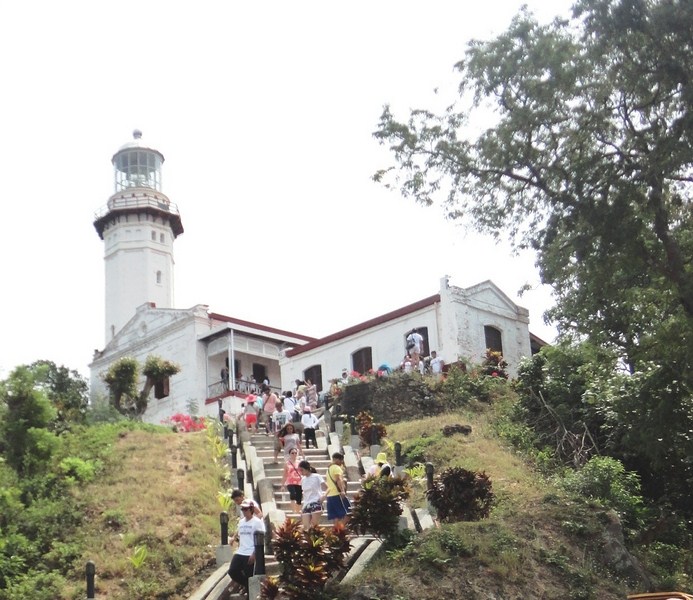
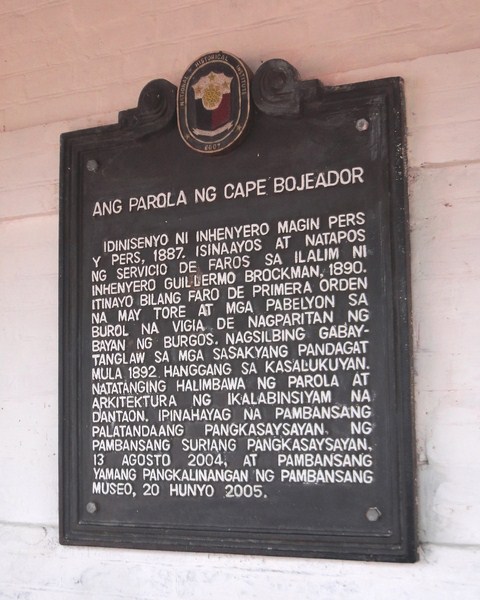

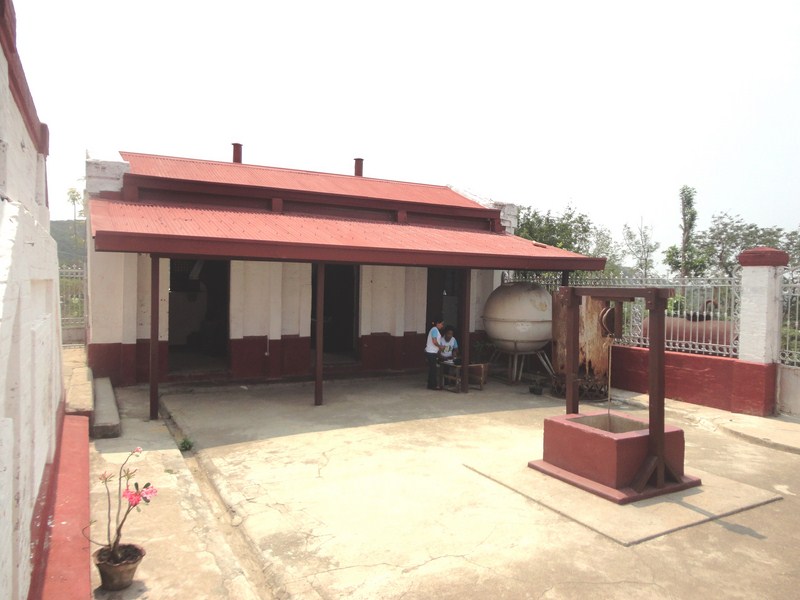
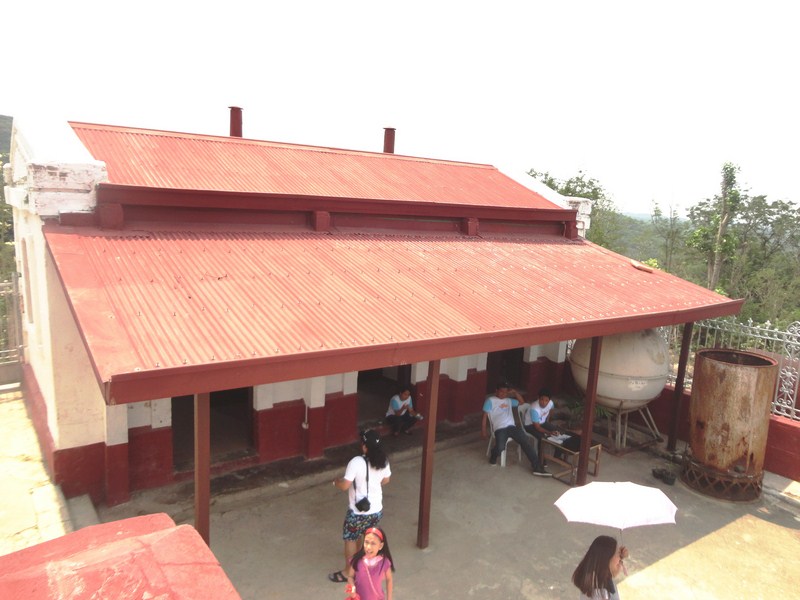
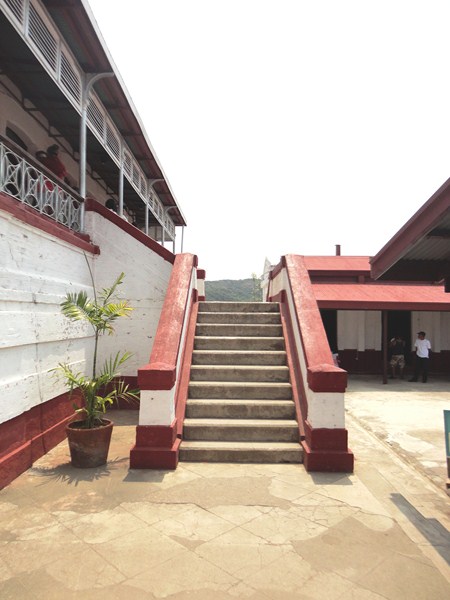
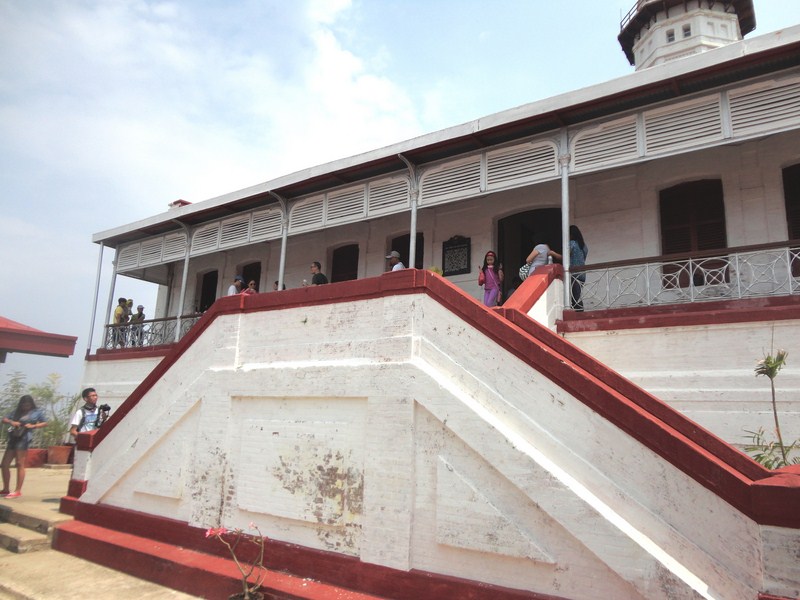
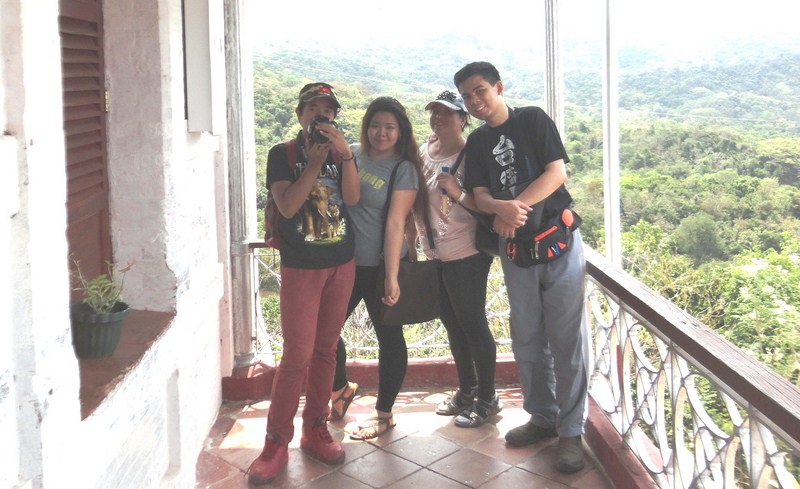
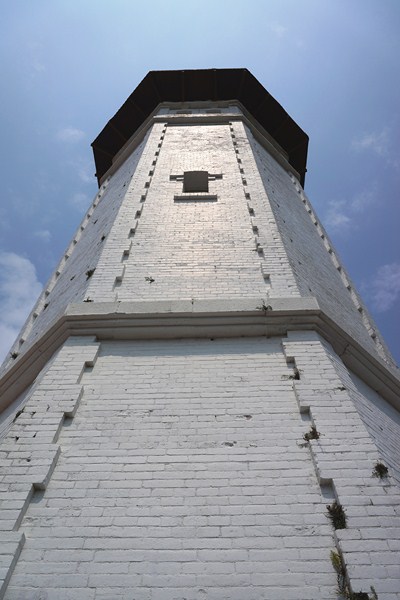
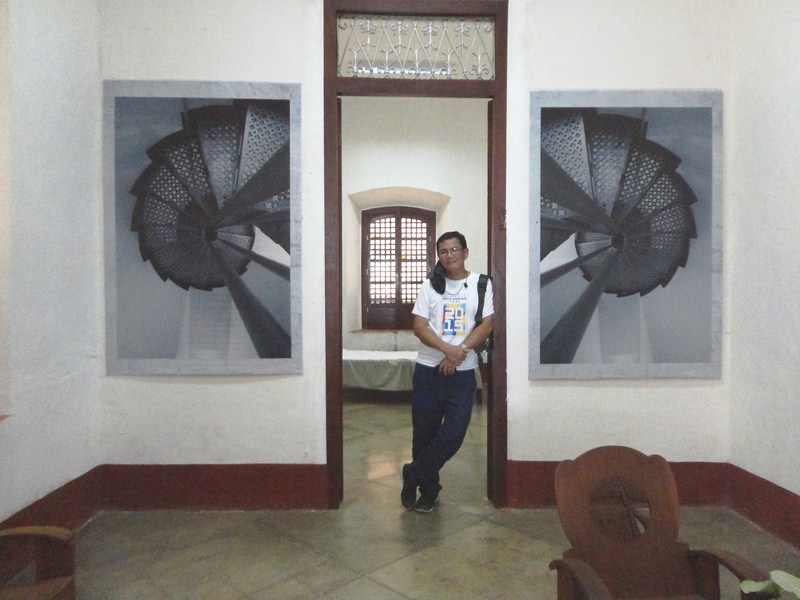
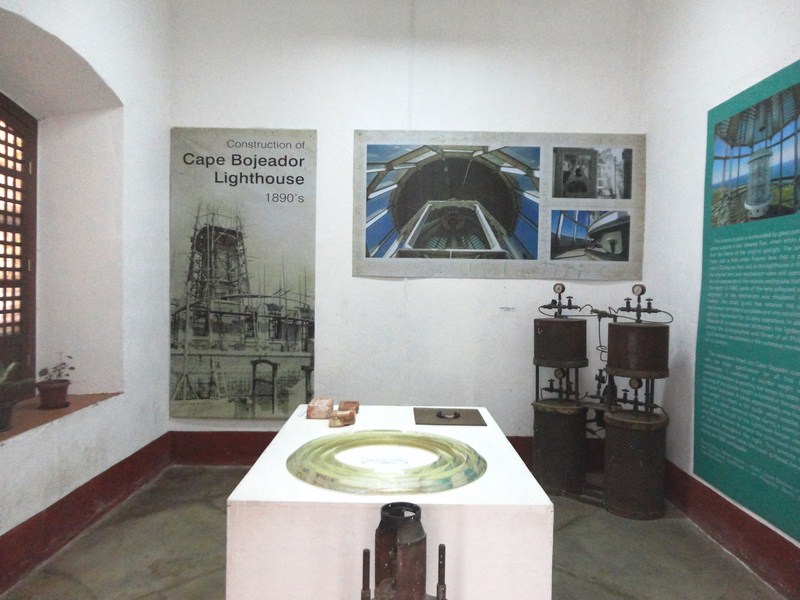
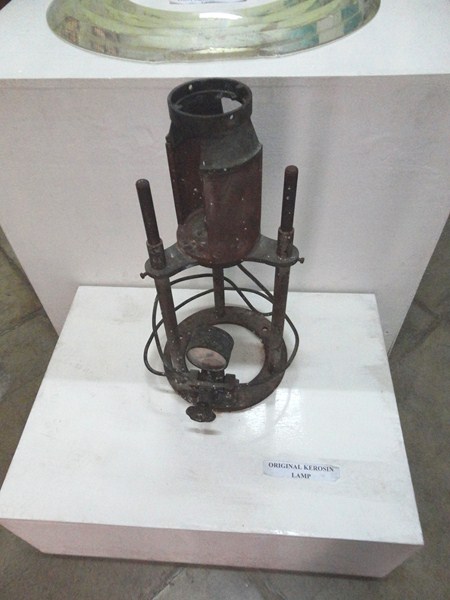
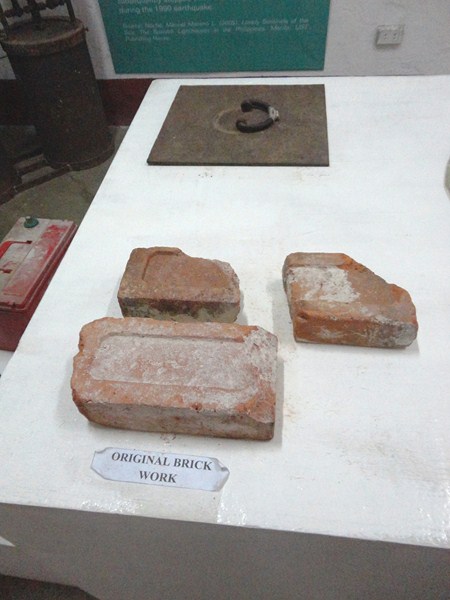
Pingback: Homepage